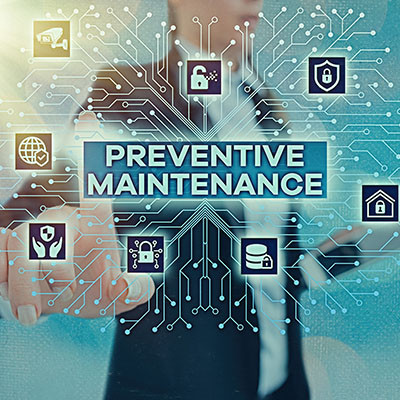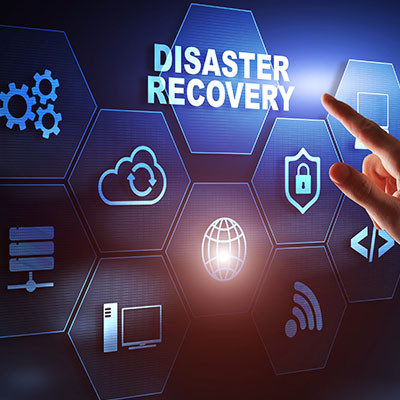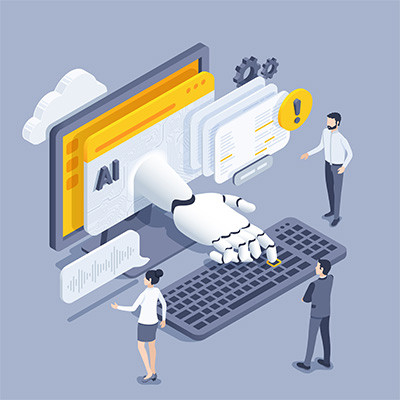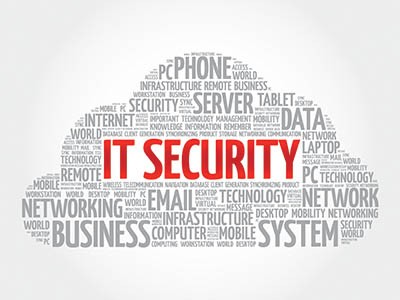The recent CrowdStrike outage that disrupted many Microsoft-run systems has made headlines, even if it didn’t affect you directly. With so many organizations relying on Windows, this incident caused an unprecedented number of computer crashes, impacting over 8.5 million systems worldwide. The outage didn’t just cost businesses billions in lost revenue—it also led to the cancellation of 3,000 flights, throwing travel plans into chaos. As the largest outage in history, it served as a stark reminder that the technology we depend on daily isn’t foolproof. Today, we’ll explore key takeaways from the CrowdStrike outage and how businesses can better prepare for such events.
Omega Technical Solutions Blog
SMBs need to be sensitive to their profit margins, as their ability to offer valuable services and products is directly tied to how many resources they have at their disposal. Therefore, you need to do all you can to save money where it counts—including your IT budget. It makes the most sense to take care of your existing IT infrastructure so you don't have to throw away resources needlessly.
Whether we want to admit it or not, the future can be scary, and even the most powerful technology out there is not enough to keep today’s data preserved while it’s in storage. Decades from now, or perhaps even a century, are you confident that your data will be available and ready to use? We’re here today to discuss why you shouldn’t be extremely confident in your hard drives.
The one thing about data backup is that it seems like it is pretty simple: You have data, you copy it and store it should something happen to your original. Sure, that’s the basic makeup of a data backup, but if you want a backup you can really rely on, you need it to be faultless. Enter Backup and Disaster Recovery.
As your business grows and shifts, managing your technology can become increasingly complicated. It can get to the point where properly taking care of your IT and supporting your users is a full time job. If you are just calling a computer person to come and fix problems when you bump into them, then you might have potential consequences to deal with later that could cost your organization a lot of time and money.
In recent months, publicly-accessible AI tools have ignited interest in using artificial intelligence amongst businesses, and for good reason. While these tools are very, very limited in what they can do—which we will discuss here for sure—they still show enormous potential.
However, this potential introduces a few major questions to the conversation. Let’s examine some of them.
Remote work has been a popular topic for a few years, but over the past year, with so many people forced into working from home, a lot has been written about it. Today, we wanted to briefly talk about some of the technology that is suggested for the remote business, and what we can do to help you support remote workers.
If your job is running a business, it’s pretty likely that making time to fully compare and understand every piece of business technology just isn’t in the cards. Even if you are pretty comfortable around computers and networking equipment, there are a lot of solutions out there, each with a big list of pros and cons. Finding exactly what you need can be challenging, time consuming, and cost you a lot of time and money if it doesn’t quite fit in with what you already have in place.
Properly maintained IT security is necessary for the modern business. If your business utilizes email, connects to the Internet, or has employees that use mobile devices like smartphones and tablets, you need to have solid IT security in place. The following covers a lot of common elements required to protect your data and reputation. Keep in mind, depending on your industry, there may be additional compliances and regulations you need to follow.
Email is (and has been) a prime method of communication for businesses of all sizes. With email comes a whole slew of issues that are essentially synonymous with the technology; spam, information overload, phishing, and information privacy. Even Washington Metropolitan Area small businesses that only do business locally are at risk of these issues. Personal email accounts are equally at risk. Employing proper precautions and practices whenever communicating via email is very important to prevent the risk of security compromises, monetary loss, and even legality issues.
Your identity has quite a lot of value, especially in the wrong hands. Security firm ZoneAlarm put together some numbers in 2011 concerning identity fraud, and it even shocked us. Let's talk about a few of these statistics and what it means.
When you mention the term 'disaster recovery,' most people think about the big ground-shattering events like earthquakes, fires, floods, tropical storms, etc. While these natural events are certainly disasters and devastating in their own right, smaller things can constitute as a disaster for your business, and they aren't seasonal.

















